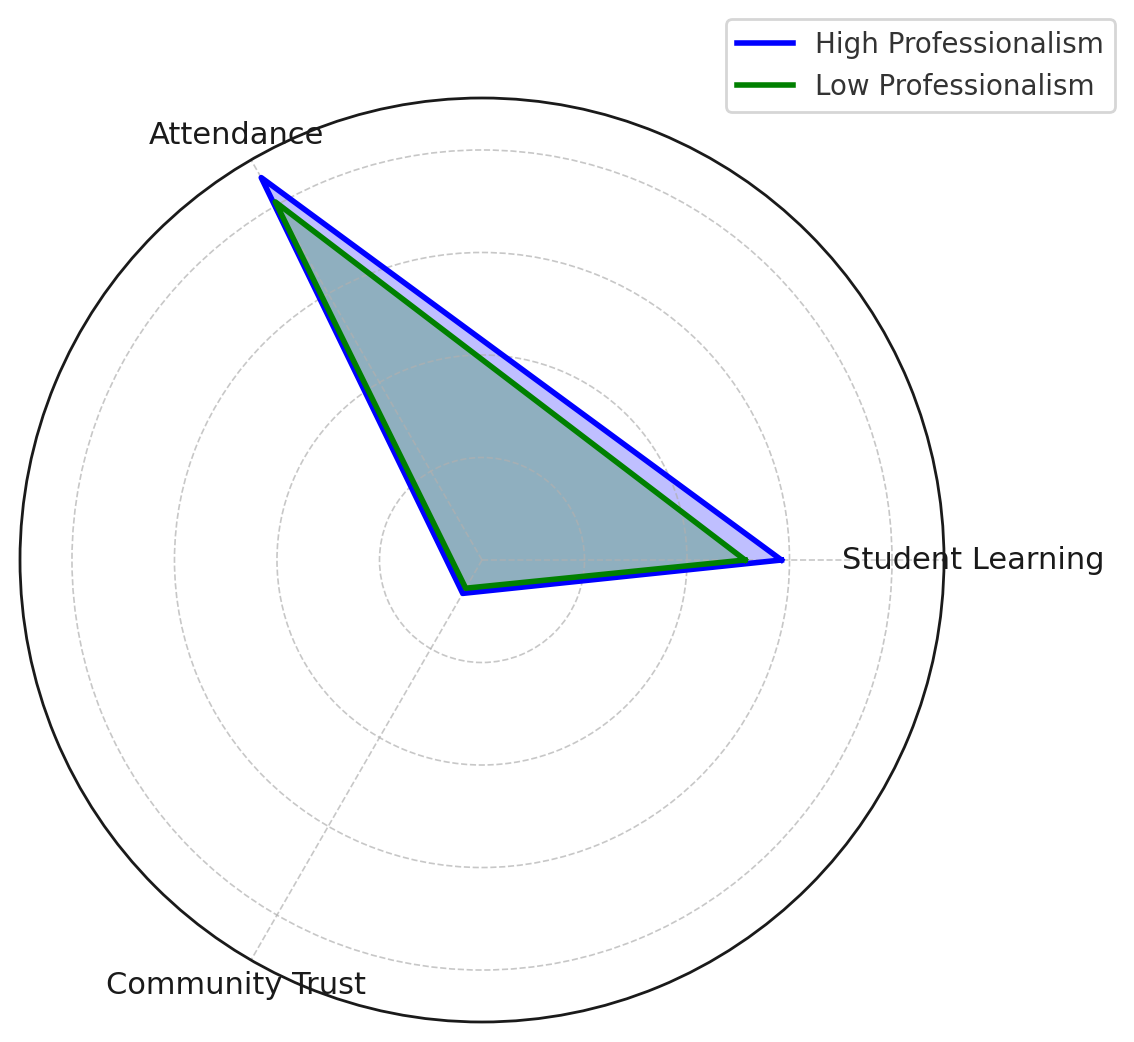Impact of Non-Professional Behavior of Government Primary School Teachers on Student Learning, Attendance, and Community Trust
A Case Study from Rural Khyber Pakhtunkhwa
DOI:
https://doi.org/10.62497/irjed.155Keywords:
Teacher professionalism, Student outcomes, Community trust, Rural education, Pakistan education, Attendance rates, Teacher behavior, Government schools, Teacher ethics, School-community, Educational quality, Khyber Pakhtunkhwa, KPK, Non-professional conduct, Case studyAbstract
Background: Education plays a central role in social and economic development, particularly in rural areas where schools are often the main avenue for upward mobility. This study examines how non-professional behavior by government primary school teachers in rural Khyber Pakhtunkhwa, Pakistan, affects student learning, attendance, and community trust. In resource-limited rural settings where schools are vital for social mobility, teacher professionalism is crucial for sustaining educational quality. Practices such as absenteeism, poor lesson preparation, and weak classroom management not only lower academic performance but also undermine community confidence in public schools, further contributing to high dropout rates. The research aimed to evaluate how teacher professionalism influences academic outcomes, attendance rates, and community trust, while also offering policy recommendations to enhance accountability, strengthen professional ethics, and foster stronger school–community relationships to improve both learning and trust in the education system.
Methodology: We used a descriptive case study methodology to show how complicated teacher conduct is and what it means for students in rural KP. To provide a full picture of the situation, the study used both quantitative and qualitative methodologies. Ten rural government primary schools were used to gather data from 30 instructors, 150 kids, and 50 parents and community members. Structured questionnaires for instructors, achievement assessments for children, checklists for observing classes, and surveys of parents and the community were all used as research tools. Descriptive statistics, Pearson correlations, and t-tests were used to look at quantitative data. Thematic analysis was used to look at qualitative replies. This mixed-method approach made it possible to triangulate, which made the results more credible and deeper by connecting statistical patterns with real-world situations in the classroom and community.
Results: The results showed that teachers who missed class, planned lessons poorly, and didn't manage the classroom well made it more harder for students to learn and attend school. Students who had instructors with high professionalism had better grades, went to school more often, and lived in neighborhoods that trusted public schools more. In particular, independent-samples t-tests indicated that there were statistically significant variations in learning scores, attendance percentages, and trust ratings between groups with high and low professionalism (p < .001 in most situations). Overall, the mean ratings showed a reasonable level of professionalism, although there was a lot of variety across institutions. The research shows that skilled teachers help pupils do better in school, encourage them to come to school every day, and make others in the community trust government schools more.
Conclusion: The study's conclusion is that professionalism among teachers is important for both teaching and social reasons in rural schools. Being on time, being ready for class, and treating students with respect are all examples of professional conduct that improve learning, lower absenteeism, and strengthen ties between schools and their communities. On the other hand, bad behavior hurts students' performance and trust, which frequently leads parents to choose private schools even when they can't afford it. To deal with these problems, the report suggests that schools keep a closer eye on teacher attendance, have frequent in-service training that focuses on ethics and teaching methods, and set up committees to connect the school with the community. These kinds of changes might help people trust the public school system again, make students do better, and get more support from the community for rural schools.

Downloads
Published
Issue
Section
License
Copyright (c) 2023 Innovative Research Journal of Education

This work is licensed under a Creative Commons Attribution-NonCommercial 4.0 International License.
